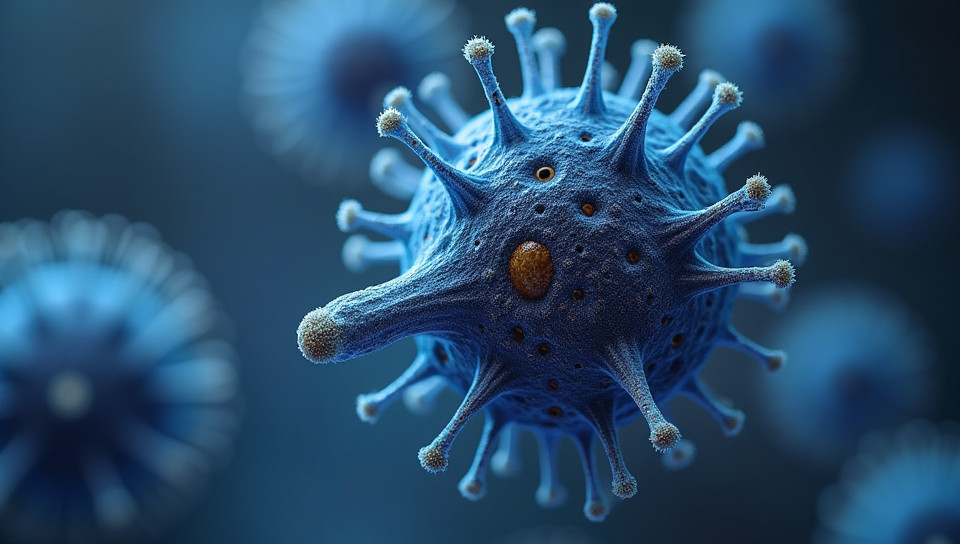CRISPR safety testing is still early stages 82%

The Promise and Peril of CRISPR: Safety Testing Lags Behind
In 2020, a gene editing experiment in China made headlines when twin girls were born with edited genes intended to protect them from HIV infection. The use of CRISPR-Cas9, a powerful tool for editing DNA, sparked both excitement and concern about the potential for this technology to revolutionize medicine and agriculture. However, beneath the hype lies a more nuanced reality: the safety testing of CRISPR is still in its early stages.
Regulatory Frameworks Evolving
Regulatory agencies worldwide are struggling to keep pace with the rapid development of gene editing technologies like CRISPR. The United States' Food and Drug Administration (FDA) has established guidelines for human gene therapy, but these rules were written before CRISPR became a reality. In 2019, the FDA announced plans to update its regulations, but the process is slow-moving.
Safety Concerns Abound
As researchers explore the potential of CRISPR, safety concerns are mounting. These include: - Off-target effects: unintended changes to the genome - Mosaicism: some cells may not be edited correctly - Germline editing: permanent changes that could be passed on to future generations - Unknown long-term consequences
The Need for More Research
The scientific community acknowledges that more research is needed to fully understand the risks and benefits of CRISPR. However, this has sparked a debate about the balance between caution and progress.
A Delicate Balance
As we move forward with gene editing technologies like CRISPR, it's essential to strike a balance between advancing medical breakthroughs and ensuring public safety. This requires continued investment in research, robust regulatory frameworks, and open dialogue among scientists, policymakers, and the public.
In conclusion, while CRISPR holds tremendous promise for treating diseases and improving human health, its safety testing is still in its early stages. As we navigate this complex landscape, it's crucial to prioritize caution, invest in rigorous research, and foster a collaborative conversation about the future of gene editing technologies.
- Created by: Veronika Lysenko
- Created at: Jan. 13, 2025, 6:20 p.m.
- ID: 17817








